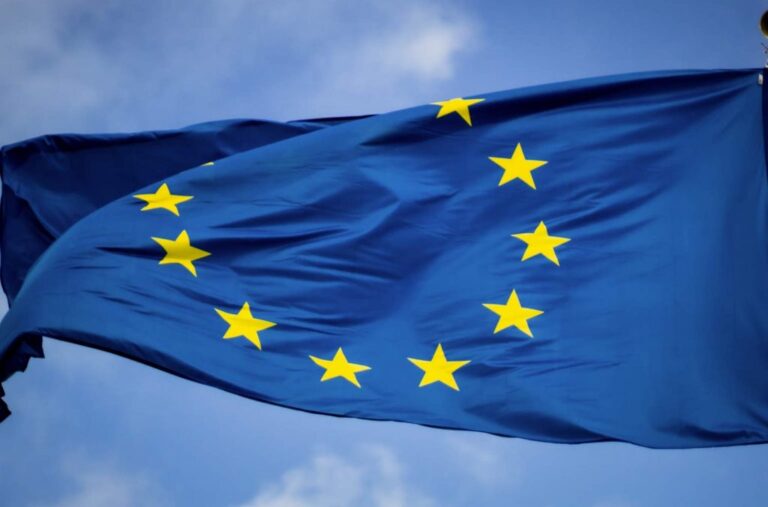
Weekly Noteworthy Trends
Discussion and Analysis by Charles Porter:
The week to date has seen a reversal of some incumbent forex market trends. Whereas the tripartite combination of Dollar weakness, Sterling (post-Brexit relative) strength and Euro strength seemed entrenched a few weeks ago, new dynamics are prevailing. Particularly, the Dollar has regained considerable value against the Euro and, even more so, the Pound Sterling over the past couple of weeks, with an accelerating rate of appreciation. The post-Brexit highs that the Pound hit against the Dollar, and to some extent the Euro, have been gradually unwound, leaving Sterling trading at weekly lows against the Dollar and Euro. This article analyses why and demonstrates the extent of these shifts.
Overwhelmingly, the most decisive currency market movements this week have been those exposed to the Pound Sterling. Particularly, the Euro and US Dollar crosses both show considerable strength against the Pound. Depicted below, the week-to-date change in value of the Dollar and Euro against the Pound Sterling is 1.75% and 1.32% respectively. Amidst the two movers, the Dollar has seen the most sizeable recovery against the Pound, and, against the Euro, Sterling has gained a little over one half of one percent.
Whilst the geopolitical challenge of North Korea has far from subsided, the risk-off strategy prevailing throughout markets sporadically over September has all but disappeared. While US assets, from equities to bonds, show a diminished sign of deliberate investor avoidance, the demand for developed currencies has spurred, allowing the US Dollar, in particular, to appreciate. Moreover, the lack of data sensitivity as we approach tomorrow’s labour market report will allow the US Dollar to retain value whilst hard data seem in-credible, should any downside risk manifest.
Meanwhile, on the European continent, political uncertainty has far from diminished. Following the independence vote within Catalonia, the legitimacy of the Spanish government and European institutional capacity is threatened. A break-up of the Eurozone is far from in the question; far greater crises have come and gone. However, with President Macron of France and the newly mandated Chancellor Angela Merkel of Germany presenting a whole new pro-integration potential within the Eurozone, the public permissibility of their intentions may be threatened.
Similarly, on the European continent, the Political Economy of the United Kingdom looks threatened, or certainly unstable in the medium run. Consolidation and progress following the exercise of Article 50 of the Lisbon Treaty looks minimal, with the fifth round of Brexit negotiations, due to commence next week, still barred from considering the future relationship of the UK and EU. Therefore, the week-to-date retraction from the Pound Sterling amidst stagnation and pessimism is understandable.
Today, especially, the US Dollar has gained significant ground against the Euro. This gain has also carried over into the Pound Sterling that demonstrates intraday Euro weakness as well as Dollar Strength. Whilst the Euro’s weakness is still explicable with reference to the uncertainty within Spain, Dollar strength is achieved by an adherence to monetary policy tightening and speculation surrounding Trump’s GDP and commercial-friendly tax plan intentions. The campaign for Trump’s inaugural policy commitment is far from young. However, confidence in the capacity to achieve, and commitment to pursue, such a policy is in its adolescence. Overall, it appears that confidence in the Trump administration may facilitate a re-realisation of the gains that the US Dollar made whilst the incumbent President was only Elect and immediately after his inauguration.
Related Insights

Daily Brief – Chancellor Reeves
Chancellor Reeves Market observers were no better informed at the end of the Rachel Reeves speech than they were at the outset yesterday morning. The only surprise was that having comprehensively floated options in the past two months for inclusion in her November 26 Autumn Statement, that the Chancellor should have elected to speak at […]

Daily Brief – Japanese Yen
Japanese Yen By the time you read this, it is more than possible that the Bank of Japan in accord with the USA have jointly undertaken Yen intervention. The Yen strengthened sharply on Friday night as sentiment moved towards that happening. The level of USD/JPY 160 is seen as the level that will be defended. […]

Daily Brief – European Central Bank
European Central Bank A remarkable interview from Central Bank of Lithuania Governor Gediminas Simkus yesterday, who is also a rate setter on the Board of the ECB for two reasons: the first is the frankness with which he spoke unlike those Delphic pronouncements from most of his predecessors which could be parsed in different ways; […]


 Humphrey Percy
Humphrey Percy